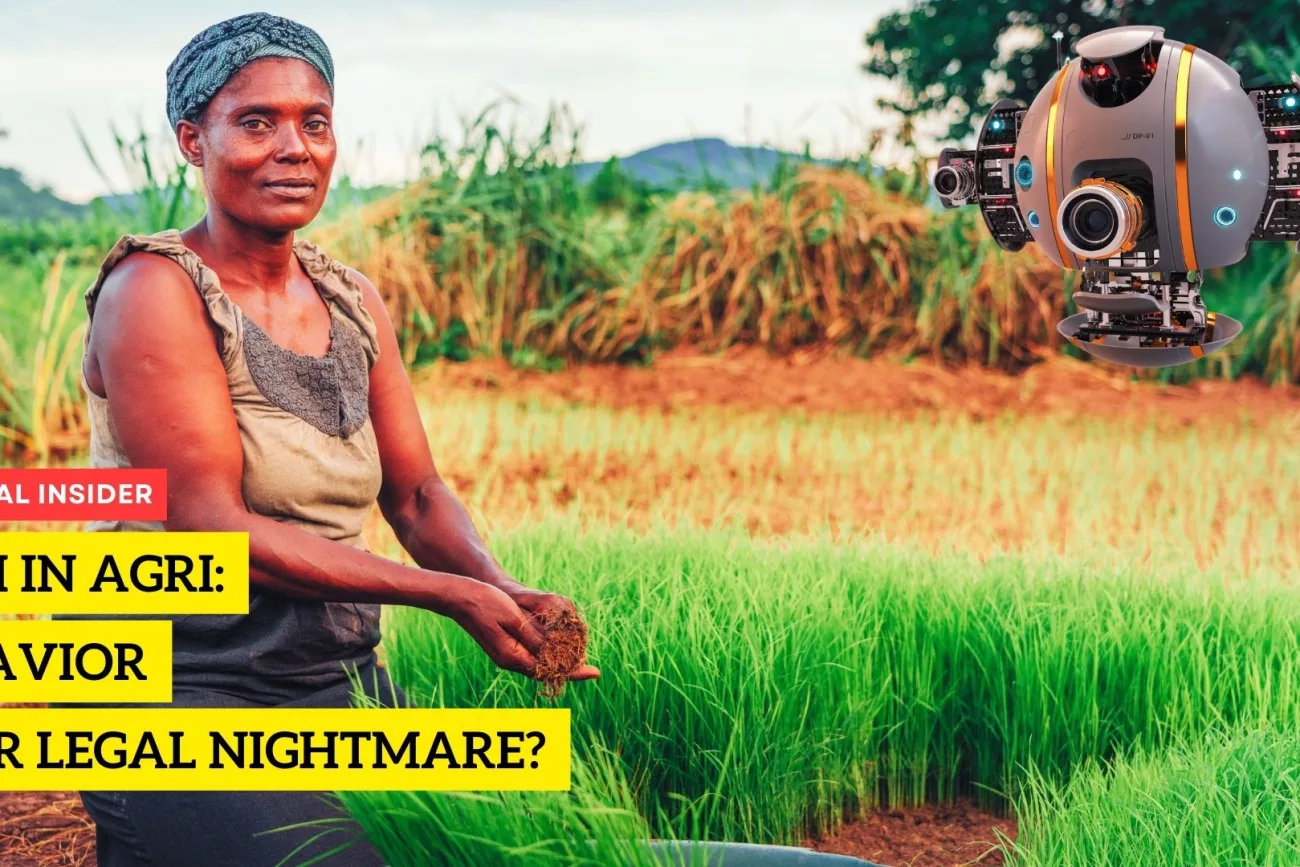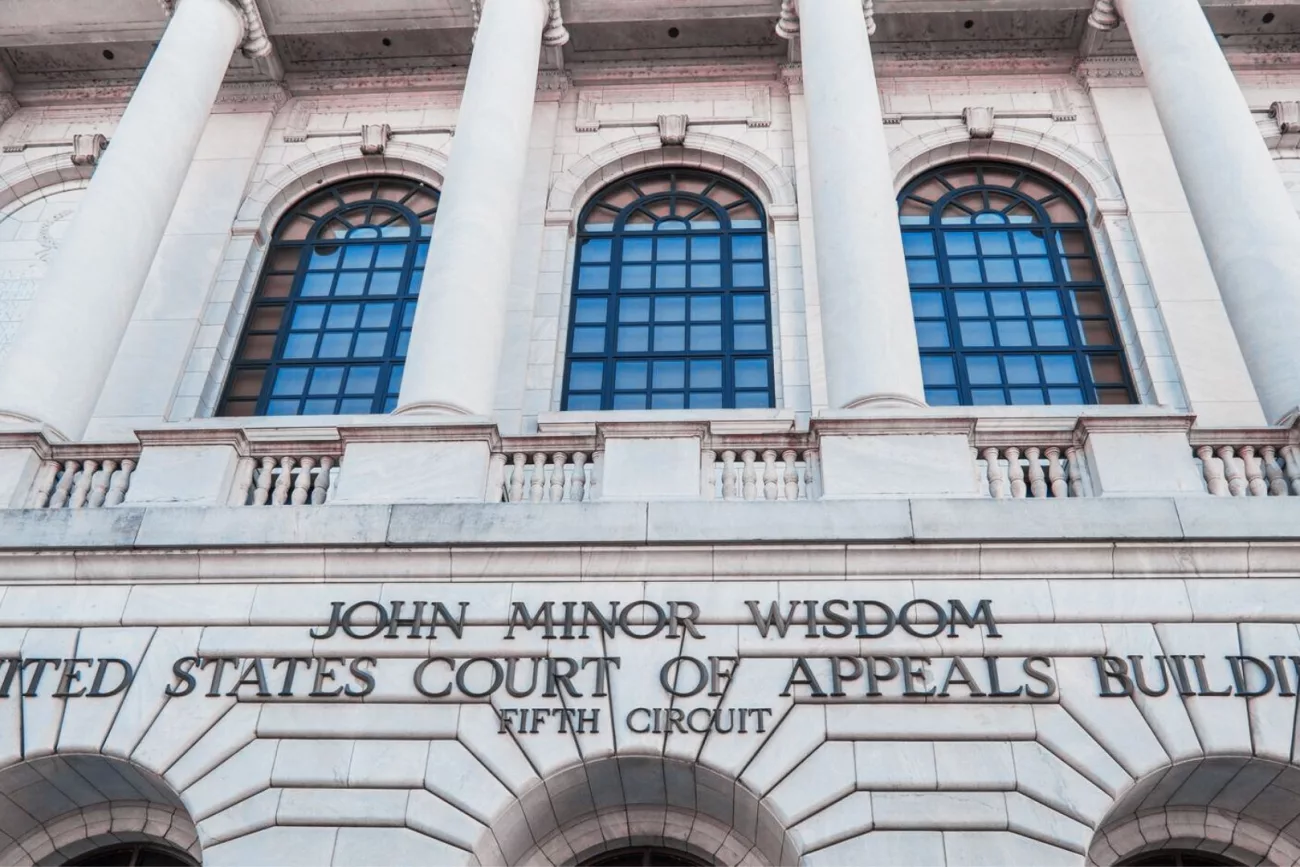
Key Points:
- African farmers face growing challenges due to climate change, and AI tool AAgWa promises a solution.
- AAgWa uses machine learning and satellite data to predict potential growing conditions for farmers.
- The use of AI in agriculture incites potential legal disputes regarding data privacy, intellectual property rights, and AI liability.
- The effectiveness of AAgWa and its future implications form a crucial topic for legal professionals and policymakers.
A palpable crisis is raging. Ghanaian farmer Deborah Osei-Mensah is in a duel against nature. As climate change ravages Africa’s farmland, farmers face a heart-wrenching struggle. But, can Artificial Intelligence (AI) be their savior, or will it just present a new conundrum for the world’s legal minds? Let’s dive in. 🌾
Facing The Fire: The African Farmer’s Plight 🌵
Climate change is not an abstract concept for farmers like Deborah. For them, it’s a ruthless adversary robbing their livelihoods. Each year Deborah laments, “I report a bit less productivity. Droughts, erratic weather patterns, days of excessive rains, or scorching heat are taking a toll.”
Climate-induced extremities are rendering cocoa pods underdeveloped and unusable, while floods make trees fall prey to diseases. 🔥💧
Imagine this: the battle isn’t merely against a failing crop. It’s a fight against an impending hunger crisis that could engulf millions. Every passing day, the crisis escalates, fueling fears of a dire future. Will farming become an unsustainable venture? ❓🌽
AI’s Intervention: Africa Agriculture Watch (AAgWa) 🛰️🌱
Amid these challenges, a team of researchers in Senegal has an answer: AAgWa, an AI tool. It employs satellite data and machine learning to predict potential growing conditions. Think of AAgWa as a crystal ball revealing heat intensity impacts, expected rainfall, and soil fertility.
“The disruption in growing conditions would be integrated into our models, showing the impact on production,” says Racine Ly of Akademiya 2063. Sounds promising, right? But does it herald a new era of agriculture, or will it merely become another complexity in the global legal landscape?
Tackling Climate Change: A Legal Quandary? ⚖️🌍
The application of AI in agriculture is not without its legal implications. As legal professionals, we can’t ignore questions about data privacy, intellectual property rights, and AI liability. How should we navigate these potential legal minefields? Can existing legal frameworks handle this AI disruption, or do we need a new legal paradigm?
Consider this: AAgWa analyzes vast quantities of data, including personal information from farmers. This raises questions around data privacy and consent. How can we ensure these farmers understand what they’re consenting to when their data is harvested for AI modeling?
Moreover, who owns the AI models and the resulting insights? Is it the researchers, the farmers providing data, or should it be considered a public good given its potential in combating a global crisis? Intellectual property laws seem inadequate for this novel conundrum. 🤔
What about AI liability? If AI recommendations fail, leading to substantial financial losses for farmers, who bears the responsibility? The developers, the AI itself, or the farmers for trusting the AI?
Decoding Africa’s Agri-tech Revolution: The Nitty-Gritty 🌾🔬
Now, let’s take a closer look at AAgWa’s working. By combing through historical production maps, it foretells the most likely crops for a given area based on the growing condition trends.
It doesn’t stop there. The tool provides yield predictions. The AI’s reach extends to 47 African countries, focusing on staple crops with a staggering accuracy rate of 94%.
Yet, it’s not perfect. “Our predictions sometimes diverge. In that case, we update the model and the predictions,” admits Ly. But should the law excuse these inaccuracies considering the global good? Or should these AI tools be held to a higher standard, given the high stakes?
Lessons From the Ground 🚜📚
Deborah has seen better days, “20 years back when I used to follow my parents to the farm, good weather improved their productivity,” she recalls. Today, her spirit wavers amidst the failing crops. She questions her farming future, saying, “For about two weeks I’ve not been to the farm because instead of being happy, you’re sad.” 😔
Does her experience sound the alarm for a new era of agri-tech and more interactive AI? Can AI tools be the silver bullet to climate change woes, or are they setting up a whole new battleground for legal disputes?
Let’s discuss.
As legal professionals, how do you perceive this evolving intersection of climate change, AI, and law? Drop your thoughts in the comments below. And don’t forget to subscribe to our newsletter for more engaging legal debates! 💌
So, the question we’re left with is: Are we ready for this AI revolution, not just technologically, but legally too? 🤯🚀
Remember, the world we shape with our legal decisions today will dictate the future of farming, and possibly, our fight against hunger tomorrow. 🌎
References:
- Akademiya 2063 (https://akademiya2063.org)
- Intergovernmental Panel on Climate Change (IPCC) Reports (https://www.ipcc.ch/reports/)
- African Agriculture Technology Foundation (https://aatf-africa.org)
Share this post
Frequently Asked Questions (FAQs)
Q: What is AAgWa?
A: AAgWa is an AI tool developed by researchers in Senegal to predict potential growing conditions for farmers based on satellite data and machine learning.
Q: What potential legal issues could AAgWa raise?
A: AAgWa may incite legal disputes surrounding data privacy, intellectual property rights, and AI liability.
Q: How accurate is AAgWa?
A: AAgWa reportedly has a 94% accuracy rate, although developers admit that their predictions sometimes diverge.
Q: What kind of information does AAgWa provide?
A: AAgWa offers data on heat intensity impacts, expected rainfall, and soil fertility.
Q: Is AAgWa available everywhere in Africa?
A: AAgWa currently extends to 47 African countries, focusing primarily on staple crops.














